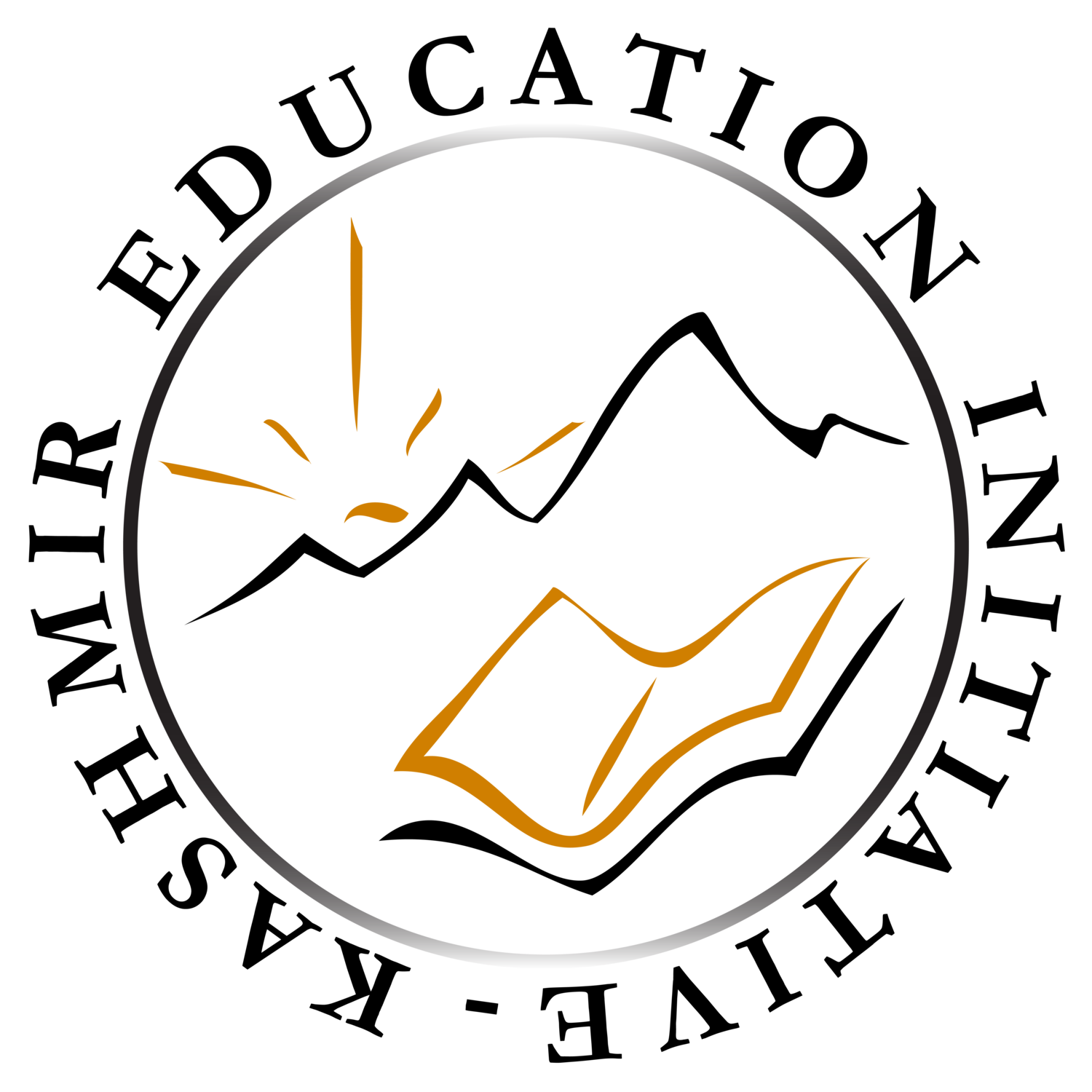Jul 5, 2020
Author: Omar Hafiz
“I had just completed my MBBS. I got a call from my mother saying that my Nani (grandmother) had been getting sick. I reached home to find her talking slowly and randomly in a nasal tone and with a drooping face. I understood something was wrong. I called the Ambulance service, we could rush her to the hospital where she was kept under close monitoring. Thank god, everything happened in a timely manner. She’s now keeping well!”- Dr Nazia Mir On 5th July, a session on conducting proper first aid measures by New York based Dr Nazia Mir, American Board of Internal Medicine Certificate Physician and a Consultant in Qatar was held for the youth scholars of Kashmir Education Initiative (KEI). Briefly talking about her educational background in Saudi Arabia, India and the United States, Dr Nazia stressed on the fact that she had always been an average student, and that more than marks, it was more essential to have a goal and focus and to be consistent. That she said was the mantra for success in life. She even spoke about her experience of doing Research under KEI President Dr Riyaz Bashir in 2015, and doing BLS Training in Kashmir via Telemedicine from the United States where she settled after marriage. It was a post in Greater Kashmir, that brought her attention to the importance of basic first aid awareness. The post mentioned how a person having a heart attack in Mc Donalds had a higher chance of recovery than a person who had been admitted to a hospital in Kashmir. What caused the difference in both the places? It was the general awareness of how to administer first aid in a common man in the United States, she pointed out. Explaining what first aid was all about, she said it was the first immediate help that one gives to an ailing person, and that one did not need a degree for it. To preserve life, she said that it was important to prevent an existing health condition from getting worse and promote recovery. She listed down some of the basic first aid measures for some general medical conditions such as wounds, burns, fractures, and so on addressing some regular cases as well as cases that were unique to Kashmir. She described the different types of wounds such as skin breaches, closed wound bruises, hematoma, fracture, and how these could be effectively handled before getting treated from an expert. She stressed particularly on the prevalence of puncture wounds among carpenters in Kashmir when a nail enters their bodies at work. To effectively handle such wounds, it was critical to maintaining basic hygiene, controlling bleeding and immobilizing and applying ice pack on closed wounds and not hot water bottles as had been a common practice in Kashmir. For certain ailments, such as infection, she said that it was vital to recognize alarming symptoms to take timely intervention and prevent the infection from spreading to the rest of the body or to others. Some of the symptoms included fever, feeling a sense of delirium in case of a head injury, and so on. She then spoke about the different kinds of Burns, from that caused by dry heat and wet heat to the First, Second- and Third-Degree Burns. She elaborated on how each type of burn was caused and what was the most suitable First Aid remedy for each. She debunked several ‘Burn’ related myths in the process such as the blisters should never be burst as they protect the burn wound. She then described another ailment that was quite common in Kashmir-Strokes, prevalent especially among the elderly population. She said that timely detection by observing key symptoms could prevent death and complications arising from a stroke. Some of the reasons why elders in Kashmir were at higher risk of getting a stroke was high blood pressure. High BP in turn occurred due to a variety of reasons such as namkeen chai, smoking, and obese patients. She then moved on to another ailment common in Kashmir- Dizziness and Fainting- visible many times in Diabetes patients, those who were fasting during Ramzan or those going through emotional stress. Towards the end of the session, she responded to the KEI Scholars’ queries such as the correct way to give a compression, the right way to control a nose bleed, benefits of drinking warm water and debunking ‘traditional home remedies such as turmeric, toothpaste, oil, salt as cures for different ailments such as burns. Finally, she promised to be back with another interesting and educational session on Health and Medicine, much to the delight of the youth, especially those preparing for their Medical Entrances this year.

